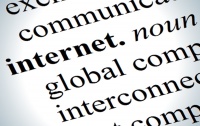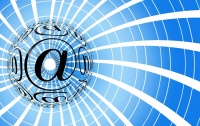
Publicações
Escolha uma das opções abaixo:
-
 De la gouvernance à la régulation de l'internetAutor(es):Luca Belli
De la gouvernance à la régulation de l'internetAutor(es):Luca Belli -
 Not Neutrality but ‘Open Internet’ à l’EuropéenneAutor(es):Luca Belli, Christopher Marsden
Not Neutrality but ‘Open Internet’ à l’EuropéenneAutor(es):Luca Belli, Christopher MarsdenOn 27 October, the European Parliament approved a new regulation which will abolish roaming charges across the EU. However, in the same regulation, there was also discussion of the more technical question of net neutrality, a thorny issue which centres on the principle of equal treatment for all web traffic. In this piece, Chris Marsden, Professor of Internet and Media Law at the University of Sussex, and Luca Belli, Researcher at the Center for Technology and Society, explain the important impact of the new Regulation on web users across the EU, and ask what challenges we may face in the future as a result.
-
 The Spirit of the 'netAutor(es):Luca Belli
The Spirit of the 'netAutor(es):Luca BelliIn 1748, Charles-Louis de Secondat, Baron de Montesquieu, published his masterpiece, The Spirit of the Laws. The French intellectual argued that the state’s political authority should be separated into three independent powers: the legislative, the executive and the judicial. As history has shown, the attribution of distinct functions to distinct bodies is instrumental to prevent concentration of power, as well as the possibility that public authorities take arbitrary decisions that may have a negative impact on individuals’ freedom...
-
 From Net Neutrality to Net FeudalityAutor(es):Luca Belli
From Net Neutrality to Net FeudalityAutor(es):Luca BelliThe Internet is a quasi-feudal environment. In order to access the Internet you have to accept the contractual provisions unilaterally defined by your telecom operator. In order to use online applications and services, you have to accept the term of service unilaterally defined by the service providers. Besides unilaterally defining the rules that govern their cyberspaces, telecom operators and services providers have also the possibility to inforce them through technical measures.
